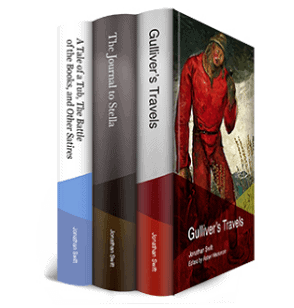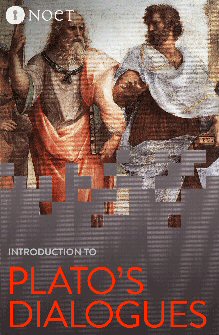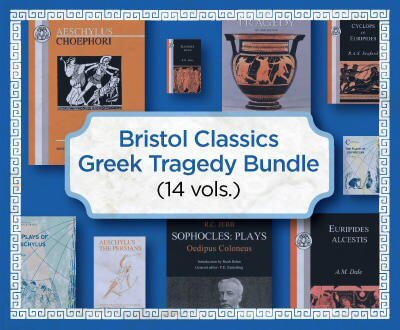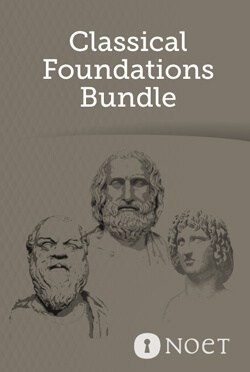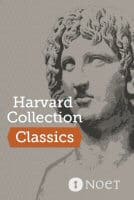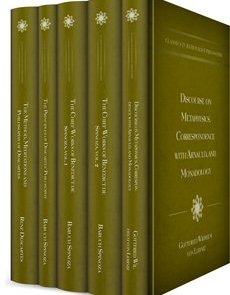One of the best things about C.S. Lewis is his broad appeal. He wrote numerous volumes on multiple topics, spanning from medieval works to apologetics to children’s literature. In short, his genius is easily appreciated by many different...
English philosopher Francis Bacon wrote, “The monuments of wit survive the monuments of power.” In other words, while the trappings of power may decay, works of wit endure. Among these works of wit is satire. Much more than just a joke at another’s...
Plato, Homer, Virgil, and Herodotus—experience their essential works in the original languages. The Noet Introduction Series gives you a unique way to explore these foundational works of Western Civilization with five collections: Introduction to...
“Try to exclude the possibility of suffering,” wrote C.S. Lewis in The Problem of Pain, “and you find that you have excluded life itself.” We have always suffered; we have always tried to cope. That urge to understand suffering is what’s behind one...
Truth. Sometimes it seems like philosophy has given up on the concept. Postmodernism tends to treat it as relative; poststructuralism tends to treat it as an attribute of language, not reality. That’s why it’s so refreshing to read a...
Scholars have a name for the West’s interconnected canon of philosophy, history, and literature: the Great Conversation. It’s an enormous, fascinating body of work, and it’s reflected in an enormous, fascinating library: Noet’s 124-volume Classical...
Augustine is a hugely important figure in church history. He’s a big deal outside the church, too—in fact, he’s one of the most important figures in pure philosophy. Here’s why. Augustine beat Kant to his theory of subjective time Immanuel Kant...
Noet is here! You can download the free mobile app right now, and for just a few more weeks, you can save on a selection of libraries spanning the classics, philosophy, ancient languages, and literature. You’re interested in intellectual history and...
Two years ago, Logos made nearly 1,500 Perseus Project books available for free. Now we’re pleased to announce an update that makes the Perseus Classics Collection—a library of some of the West’s most influential, enduring works—even more valuable...
When it comes to philosophy, nearly everyone’s heard of Immanuel Kant—and for good reason. Kant resolved a century-long gridlock between the rationalists and the empiricists by proposing a new way of thinking about how we come to know anything at...
For many philosophers, God’s existence resolves otherwise unsolvable puzzles. The great rationalists—René Descartes, Baruch Spinoza, and Gottfried Leibniz—argued that knowledge comes not from the senses, but from reason and innate ideas. From there...


